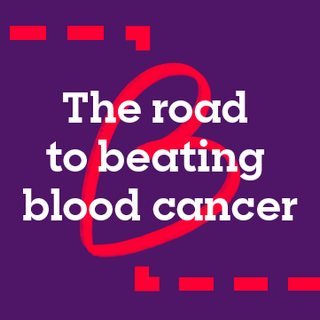Late-stage Hodgkin lymphoma drug available for use on the NHS
United Kingdom
Today (April 2), drug regulators in England shared that adults with advanced Hodgkin lymphoma have access to a new treatment. They approved brentuximab vedotin (Adcetris) in combination with other therapies for routine use on the NHS in England.
Around 800 people a year, with previously untreated stage 3 or 4 CD30-positive Hodgkin lymphoma could benefit from the treatment, which combines brentuximab vedotin with doxorubicin, dacarbazine and vinblastine.
Approval of this drug gives those with advanced Hodgkin lymphoma hope.
- Josh Hill, Blood Cancer UK
It is the only recommendation for those with untreated late-stage Hodgkin lymphoma apart from chemotherapy.
Hodgkin lymphoma is a type of blood cancer that affects blood cells called lymphocytes. Advanced (stage 3 and 4) CD30-positive Hodgkin lymphoma most commonly affects older adults aged 75 to 79 years and is one of the most common cancers in young-adults.
Current treatments can cause significant side effects.
- Josh Hill, Blood Cancer UK
The pharmaceutical company, Takeda, agreed to a confidential and discounted price for use on the NHS.
Josh Hill from Blood Cancer UK, said:
“Approval of this drug gives those with advanced Hodgkin lymphoma hope. This blood cancer like many others can be physically and emotionally challenging, meaning many are unable to work and are often reliant on support.
“Current treatments can cause significant side effects so a drug alternative which is less toxic than chemotherapy is particularly important, as many have been told that there is no further effective treatment available to them. The treatment will be available immediately through the Cancer Drugs Fund, however it’s important that there isn’t a postcode lottery for blood cancer treatments in the UK.”
A drug trial showed that brentuximab combination therapy delayed disease progression and increased survival for people, compared to those undergoing standard chemotherapy.
The drug, brentuximab vedotin (Adcetris) is given as an infusion into a vein, with people typically receiving several cycles of therapy as part of their treatment plan. It will be used in combination with doxorubicin, dacarbazine and vinblastine.


